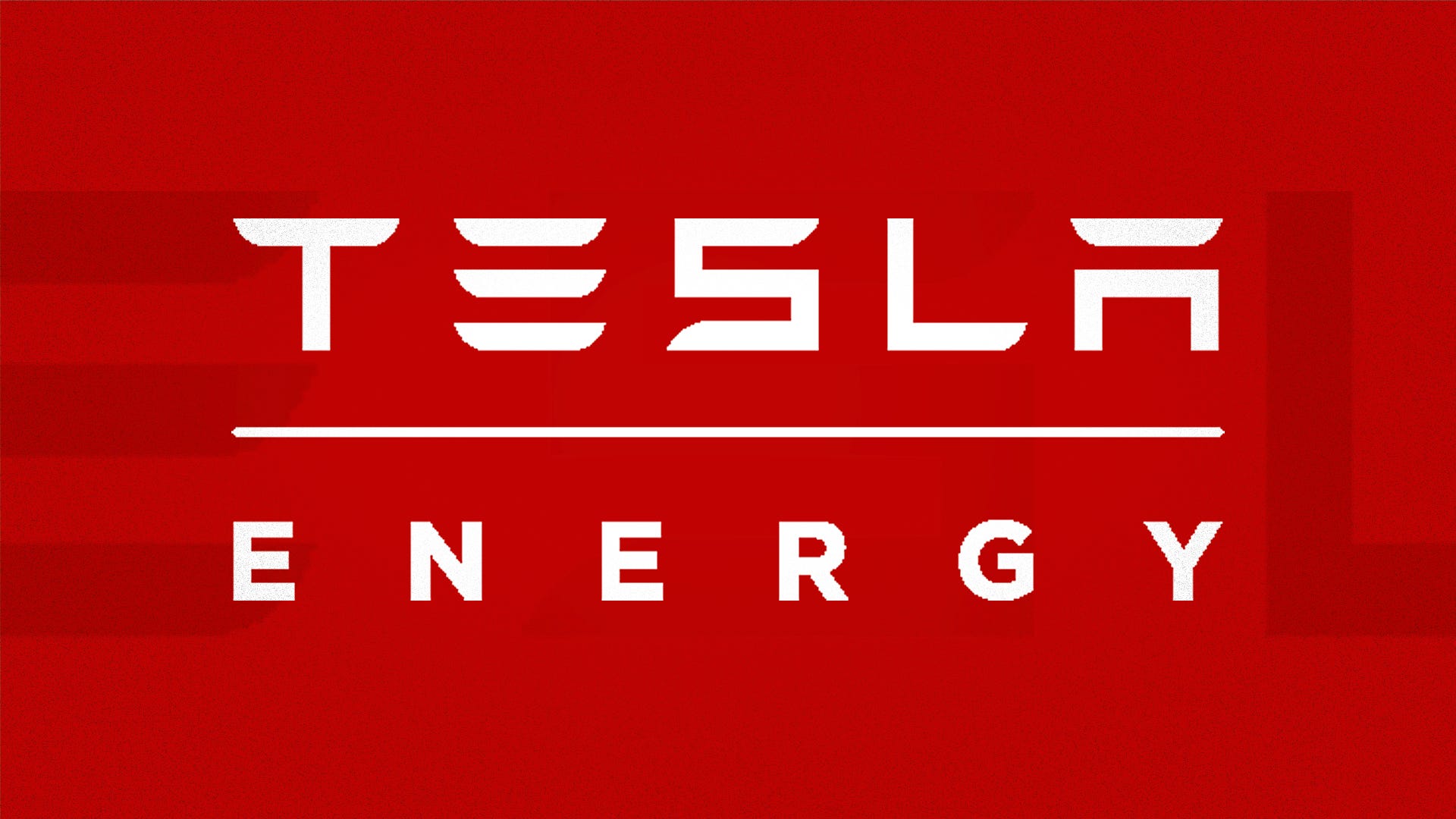For such a small state, Rhode Island has big plans for renewable energy — and big ways to save on your power bill by installing rooftop solar. Rhode Island has an ambitious goal of supplying 100% of the state’s electricity from renewable sources by 2033. This is a big undertaking due to the state’s reliance on natural gas, which fueled 87% of its electricity generation in 2021, according to the US Energy Information Administration.
“The interconnection queue here in Rhode Island is very high,” Shauna Beland, the administrator of renewable energy programs with Rhode Island’s Office of Energy Resources, told CNET. “We have quite a few projects in the queue not only for residential projects, but also for some of the larger-scale projects. So we’re on track to meet that 2033 goal.”
In order to reach its 100% renewable electricity goal, Rhode Island’s government is encouraging an expansion of solar energy by providing a variety of solar incentives for homeowners which already accounts for the majority of its clean energy portfolio. In addition to the 30% rebate on clean energy additions on your home from the federal tax credit, Rhode Islanders can take advantage of net metering policies and sales and property tax exemptions for solar panel systems.
With the help of those state solar incentives and the state’s big push for clean energy, the solar switch in Rhode Island may be less costly for you. Here’s what you need to know if you’re considering getting panels for your home, starting with the best solar installation companies operating within the state.
Best national solar panel companies in Rhode Island
There are relatively few options for installers in Rhode Island compared to other states. Getting several solar quotes from different installers can help you find the best price possible for your system.
“We recommend that customers get at least three to four quotes before they decide on a solar installer,” Beland said.
Take customer reviews, warranties, installer fees and maintenance fees into account as well when choosing your solar installer. Here are a few solar companies to consider in Rhode Island.

SunPower Solar
Best solar panels
If you’re looking for top-of-the-line solar panels, SunPower is your best choice. But don’t write it off if you’re looking for a less flashy installation that will get the job done. This year it started installing Qcells panels, which should make an installation from the longest-tenured company on our list available to more people.

Tesla Solar
Most affordable
Tesla’s solar branch seems to be the least loved of Elon Musk’s ventures. Even Tesla’s Solar Roof seems to get more love.
If price is the thing you won’t budge on, consider Tesla. By all accounts, Tesla installs quality panels and makes the closest thing there is to a household name in solar storage: the Powerwall.
Where you might miss out is customer service. Discussion online seems to suggest Tesla’s service is a bit of a gamble.
Local solar panel companies in Rhode Island
Experts say you should get multiple quotes before moving ahead with a company. Local companies might offer more competitive pricing, as their sales overhead might be lower.
How to determine which Rhode Island solar company is the best for me
Experts recommend you get multiple quotes from multiple companies before making a purchase. Once you’ve got quotes in hand, you can weed through them using a few criteria. Price will almost always be a consideration, as will how you feel about your interactions with the company so far.
You should rely on the experience of others, too. Ask friends and neighbors who have gone solar about their experience with their chosen installer. You can also look up the company with the Better Business Bureau and read the complaints and reviews other customers have left.
You should also learn about red flags that might mean a solar salesperson is overpromising or being dishonest.
Why are electricity prices so high in Rhode Island?
Rhode Island consumes the second lowest amount of energy per capita in the US but pays the fourth highest electricity rate in the country at 27.50 cents per kilowatt-hour. That leads to an average monthly electricity bill of $160.88, according to CNET’s sister publication SaveOnEnergy.
So why is electricity so expensive? Blame natural gas, which saw prices spike in 2022 after Russia invaded Ukraine.
“Most of our electricity generation comes from natural gas,” Beland said. “We’re one of the most highly dependent states on natural gas.”
Read more: Just looking for an emergency backup? Check out portable solar panels and solar generators.
Cost of solar panels in Rhode Island
Here’s a look at the average cash price for a typical solar panel system in Rhode Island before factoring in tax credits and incentives, according to data from FindEnergy.com.
Average cost of solar panels in Rhode Island
We’ve put together an interactive map that displays the average total cash price, cost per watt and system size for a typical solar panel system in your state, according to data from FindEnergy.com. These prices you’ll see don’t reflect rebates from tax credits or state incentives. Certain states don’t have any FindEnergy solar data and are grayed out on the map.
Rhode Island solar panel incentives and rebates
The Ocean State offers a wide variety of state solar incentives and programs. These programs can help make going solar more affordable and accessible to Rhode Island residents.
Along with state solar incentives, Rhode Islanders can also take advantage of the federal residential clean energy credit, which allows you to claim 30% of the total cost of your solar system in tax credits. The state has a net metering policy as well, allowing you to sell your excess solar energy back to the grid.
“With net metering, customers are eligible for the Renewable Energy Fund Grant, which is currently, for 2023, 65 cents per watt, with a cap of $5,000,” Beland said. “The way the program works is that the selected solar installer applies to the Renewable Energy Fund on the customer’s behalf and the installer is required to pass through the incentive to help reduce the total upfront cost of the system.”
It’s also worth noting that solar panels are viewed as a home improvement. Installing solar panels can increase the value of your home by about $15,000, according to the US Department of Energy.
Here are a few noteworthy Rhode Island solar incentives. A complete list of incentives can be found on the Database of State for Renewables & Efficiency. More information on state specific solar incentives can also be found in Rhode Island’s Office of Energy Resources residential solar guide.
Rhode Island solar incentives

